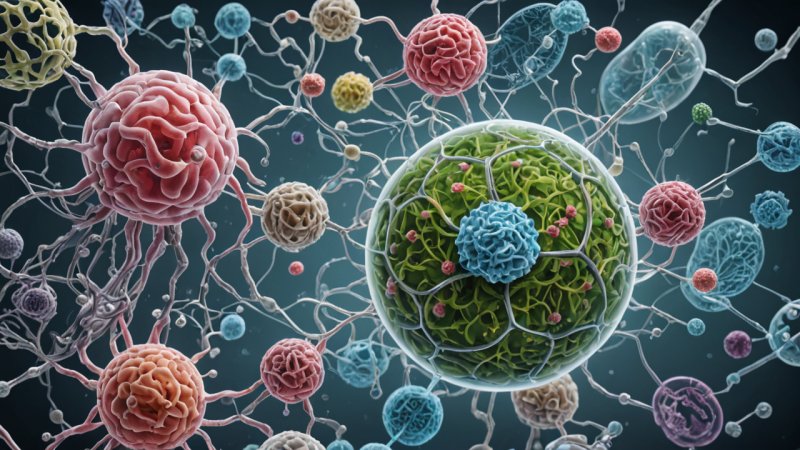Synthetic biology is rapidly emerging as a pioneering field that combines biology with engineering principles, aiming to design and construct new biological parts and systems. This innovative discipline has the potential to revolutionize various sectors, including healthcare, agriculture, and environmental management. By utilizing the tools of genetic engineering and systems biology, researchers are creating organisms with tailored functions, enabling groundbreaking applications such as biofuels, disease-resistant crops, and novel therapeutic strategies.
One of the most exciting aspects of synthetic biology is its ability to address pressing global challenges. For example, researchers are engineering microorganisms to produce biofuels from carbon dioxide, potentially reducing our reliance on fossil fuels and mitigating climate change. In agriculture, synthetic biology offers the promise of designing crops that can thrive in adverse conditions, enhancing food security in a world facing population growth and climate instability. Moreover, in medicine, scientists are developing synthetic organisms that can deliver drugs directly to targeted areas in the body, minimizing side effects and improving treatment efficacy.
Despite the vast potential of synthetic biology, ethical considerations loom large. The power to redesign life raises questions about safety, environmental impact, and the moral implications of 'playing God.' Regulatory frameworks are being established to ensure responsible research and application, balancing innovation with public safety and ethical standards.
In conclusion, synthetic biology is at the forefront of scientific research, offering solutions to some of the most significant challenges of our time. As researchers continue to explore the possibilities within this field, it is crucial to engage in discussions about the ethical implications and ensure that innovations are developed responsibly, paving the way for a sustainable and healthier future.
Exploring the World of Synthetic Biology
Discover the transformative potential of synthetic biology, a field that merges biology with engineering to create innovative solutions for global challenges.






